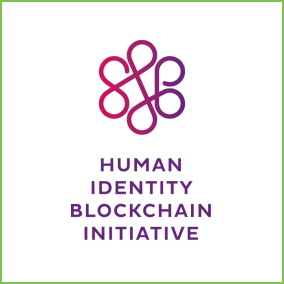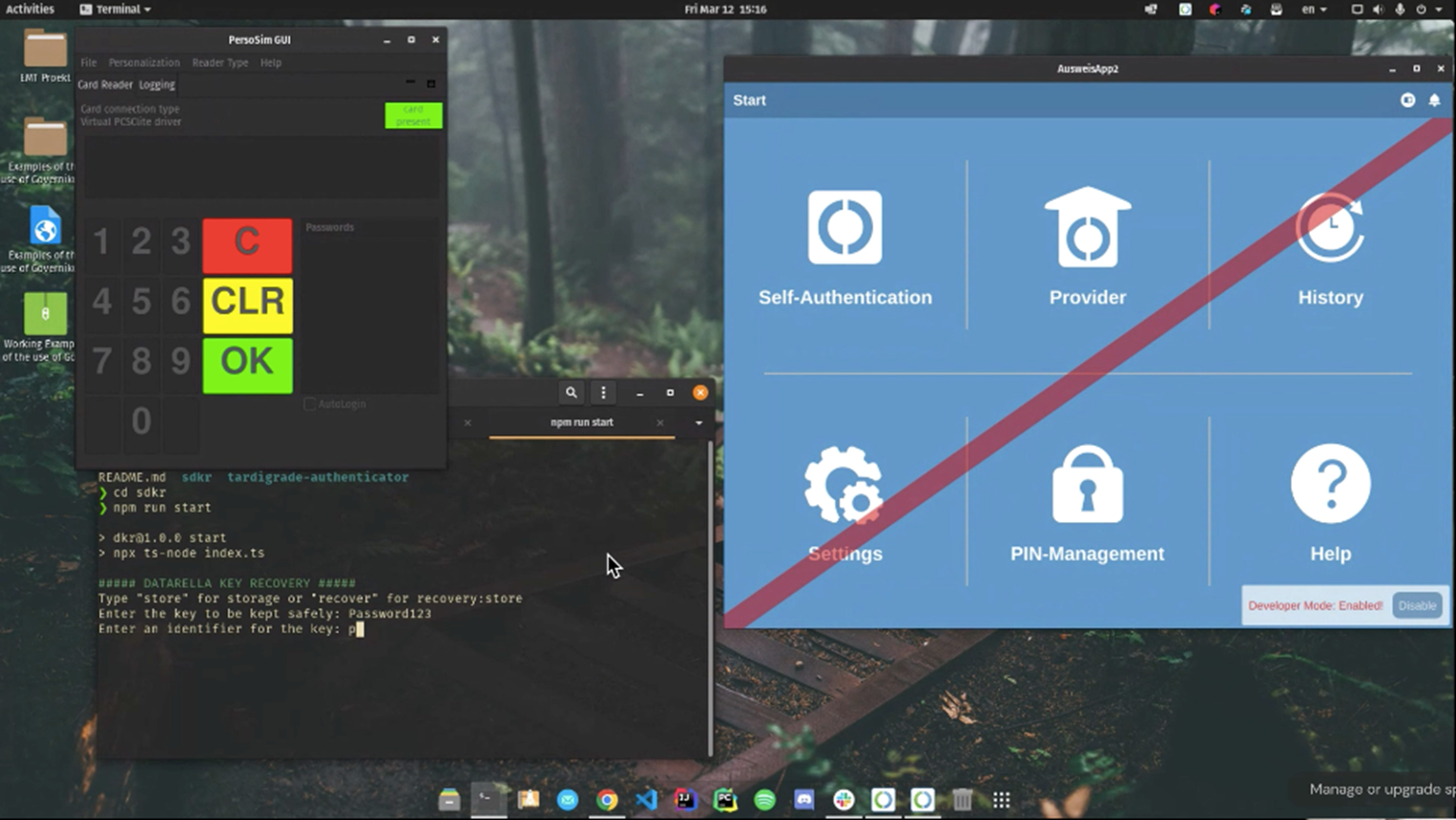
ABOUT THE PROJECT
HIBI: Human Identity Blockchain Initiative
The Human Identity Blockchain Initiative (HIBI) will provide the ONTOCHAIN community and the EC as a whole with cornerstone blockchain technology to realize the ONTOCHAIN vision. HIBI encompasses scalable blockchain, decentralized legal reputation and identity systems and interoperable semantic web technologies. This initiative will, for the first time ever, formalize human identity on the blockchain in a trustworthy, formalized, privacy-preserving manner. We will leverage the established EU framework for electronic identification and trust services (eIDAS) to accomplish this. HIBI will provide the root of trust for a generation of semantic web and EU based blockchain services by linking eIDAS compliant legal identities (qualified electronic signatures) with blockchain-based key-pairs.
HIBI will provide Decentralized Key Management infrastructure and contribute a key management tool called Smart Distributed Key Recovery which enables the mapping of blockchain keys to eIDAS identities for the purpose of backup and recovery. These identities are based on EIDAS qualified electronic signatures originating from NFC scans of EU legal identification documents (ie. German eID/ nPA). This underlying identity layer will enable us to build and deploy a scalable Ontochain “testbed" blockchain that can support the next generation of internet and social networks for vital sectors of the European economy.


Motivation for the project:
None of the existing systems addresses identity and compliance issues. One encounters a dichotomy between decentralized applications which don't implement trustable legal identities and centralized technologies. A legally binding blockchain transaction bears the potential for more serious use cases.
Generic use case description:
We will leverage the established eIDAS framework. HIBI will provide the root of trust for a generation of semantic web by linking eIDAS compliant legal identities (qualified electronic signatures) with blockchain-based key-pairs.
Essential functionalities:
Transaction singing with eID: In order to perform a blockchain transaction, it is required to perform authentication via an eIDAS compliant eID. The address is then tied directly to a trustworthy ID and can be represented in further interactions.
How these functionalities can be integrated within the software ecosystem:
The technology can be integrated by integrating an eID solution that leverages an official eID app like "AusweisApp2". This bridge will allow accessing the European eID servers to extract data from it. This bridge can be integrated into mobile- and desktop wallets. It will also be open-sourced.
Gap being addressed:
HIBI aims to combat centralization of power, unknown provenance of information, anonymity and unreliable identities, issues with unfair remuneration for quality contributions to the community, and trustworthy blockchain service interoperability.
Expected benefits achieved with the novel technology building blocks:
In today's blockchain systems, transactions are only valid as they align with the underlying protocol. An eID integration adds to this a legal perspective so that for instance letters of intends can be signed in a legally binding manner that doesn't result in an immediate transfer of value.
Potential demonstration scenario:
HIBI aims to be demonstratable on any blockchain technology as it builds an eID verification on the transaction signing process. Once a person wants to create a transaction, the eID verification needs to be performed. The transaction should only be populated after a successful eID verification.
PROJECT OUTCOMES
Demo:
TESTIMONIAL
The ONTOCHAIN accelerator enabled our team through a substantial grant to put significant development work into refactoring and improving our EVERKEY and EVERID libraries. This funding allowed us to raise the bar for Dapp usability. We enable people to perform highly secure backup and recovery of their private keys noncustodially with only their government issued ID. In addition, due to the support we received we were able to finish the EVERKEY library which leverages a government issued ID to create a legally-enabled self sovereign identity credential which can be used natively within a blockchain protocol environment.
– Rebecca Johnson
TEAM
Blockchain Architect, is the person who finds the technological solutions to any given problem, from zk-SNARKs to exotic math, she has the solution at hand.
Blockchain Architect, is an expert in the field of Self-Sovereign Identity and has exceptional capabilities in complex process design.
Co-Founder and CEO at Datarella, is a serial entrepreneur who incorporates an extraordinary, structured way of problem solving, business judgement and passion for building new businesses.
CTO at Datarella, is an exceptionally strong technical project manager with a background in mobile app and backend development.
Lead Developer is a full stack developer, who is quick analytical thinking skills and lets him forecast many unnecessary software collisions.
ENTITIES
Datarella is an established provider of Enterprise Blockchain Solutions. The company was founded in 2013 with its headquarter in Munich.







 This project has received funding from the European Union’s Horizon 2020 research and innovation programme under grant agreement No 957338
This project has received funding from the European Union’s Horizon 2020 research and innovation programme under grant agreement No 957338




